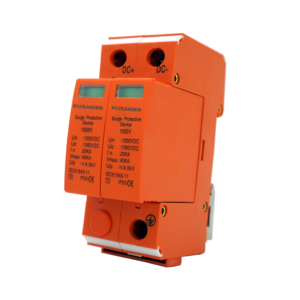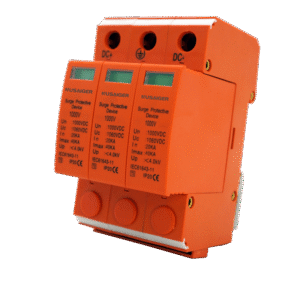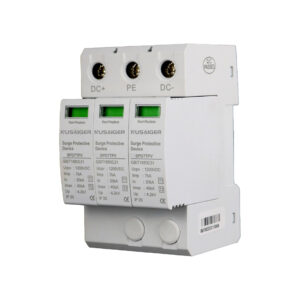Copper Terminals vs. Aluminum Terminals: Which One Is Better for Electrical Systems?
When choosing between copper and aluminum terminals, understanding their performance and safety implications is critical. Here’s a detailed comparison to help guide your selection.
Conductivity
Copper has nearly 60% higher conductivity than aluminum, making it the preferred material for low-loss electrical connections.
Durability and Strength
Copper terminals are more durable and less prone to mechanical damage. Aluminum, being softer, is more likely to deform or loosen over time.
Cost Considerations
Aluminum terminals are cheaper, but copper provides long-term value due to fewer maintenance and failure costs.
Safety and Corrosion
Copper resists corrosion better. Aluminum requires anti-oxidation compounds to prevent thermal runaway or connection faults.
Conclusion
Though more expensive, copper terminals provide superior safety, longevity, and efficiency. For critical or high-load systems, copper is the best choice.


